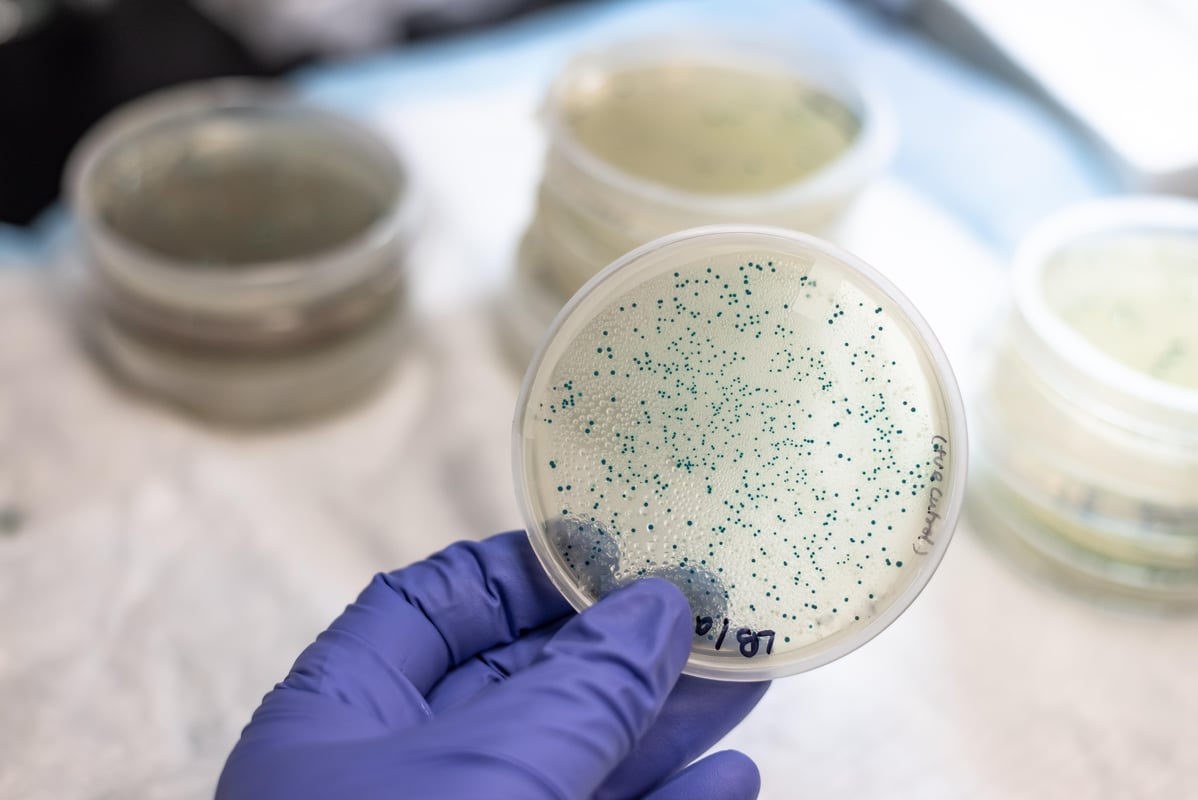Rare, Deadly Bacterial Illness Now in United States, CDC Warns

THURSDAY, July 28, 2022 (HealthDay News) -- A bacteria that causes a rare but serious disease has been discovered in soil and water samples in the Gulf Coast region of Mississippi after two people who live near each other fell ill.
In a notice issued Wednesday, the U.S. Centers for Disease Control and Prevention advised Gulf Coast residents, particularly those with certain health conditions, to take precautions against Burkholderia pseudomallei and prevent a disease it causes: melioidosis.
Symptoms of melioidosis can include fever, joint pain, and headaches. It can also cause pneumonia, abscesses, and blood infections. Melioidosis is fatal in about 10 to 50 percent of people who are infected worldwide, and it typically surfaces in tropical and subtropical areas, such as South and Southeast Asia, Northern Australia, Puerto Rico, and parts of Central and South America.
The agency is alerting clinicians throughout the country that they should check for melioidosis when patients appear with symptoms consistent with the condition.
Melioidosis is caused by direct contact with the bacteria. While about a dozen people in the United States contract it each year, most have recently traveled to a country where it is endemic. The illness has also been linked to contaminated commercial products imported from disease-endemic countries, including a 2021 case involving imported contaminated aromatherapy spray that sickened four people in four states.
The CDC and its partners will continue to investigate the geographic spread of the bacteria.
Related Posts
Drug Overdose Death Risk Increased for Specific Health Care Workers
TUESDAY, Aug. 8, 2023 (HealthDay News) -- Specific health care workers have an...
Obesity Could Speed Disability When MS Strikes
WEDNESDAY, Nov. 2, 2022 (HealthDay News) -- Obesity is never healthy, and that...
12-Step Programs
What are 12-step programs?Since 1935 -- the year that Alcoholics Anonymous was...
Las personas infectadas obtienen una inmunidad duradera contra el coronavirus, según un estudio
MIÉRCOLES, 2 de marzo de 2022 (HealthDay News) -- Las personas que han tenido...
